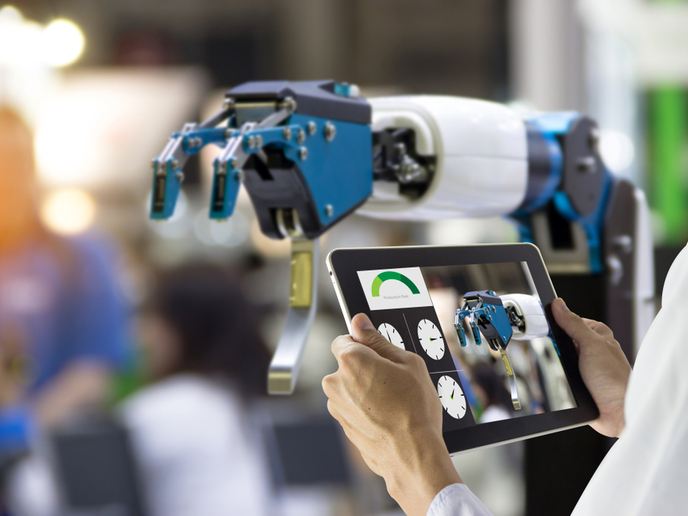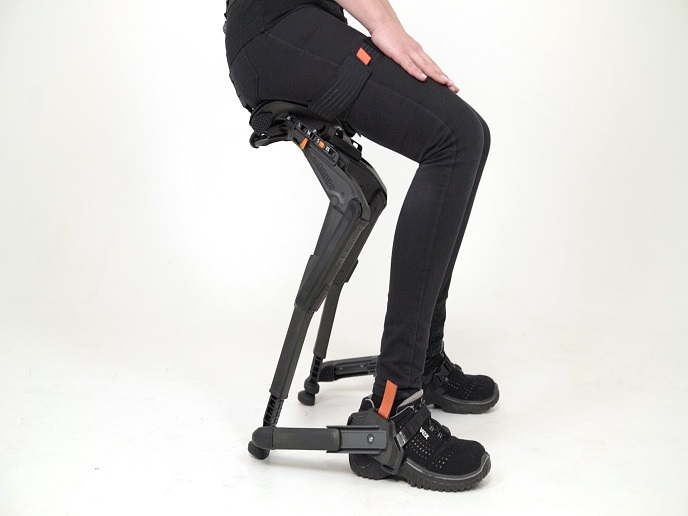On-demand electrical vehicles for city transport
Radical new mobility concepts strive to ensure accessibility for all in urban environments with restricted access, and particularly for mobility-restricted individuals. The project 'Personal intelligent city accessible vehicle system' (PICAV) worked to extend the existing public transport system to pedestrian environments with small, networked, mobile units. The innovative electrical vehicles will act very much like pedestrians; they will offer instant access, open-ended reservation and one-way trips. Better yet, their small dimensions and tiny footprint mean zero environmental impact. Offering a high level of intermodal integration, on-board intelligence will enable the single units to communicate with each other, with public transport nearby, with emergency services and with city infrastructure. Other elements of the design include assisted driving, comfort, stability and parking ease. Over the course of the project, scientists developed and described system requirements and detailed system specifications, and expanded on the system's conceptual design. They designed the iSeat, taking into account the ergonomics of automotive seats and user needs across a spectrum of abilities. A first design for a platform and power system were also realised, and the first vision of a transport system simulator was described. PICAV concepts offer a new take on urban personal transportation, offering Europeans enhanced transport access and opportunities to practice 'good mobility' citizenship. This will improve quality of life in urban environments, without sacrificing the charm of cities' historical areas and their unique atmospheres.







